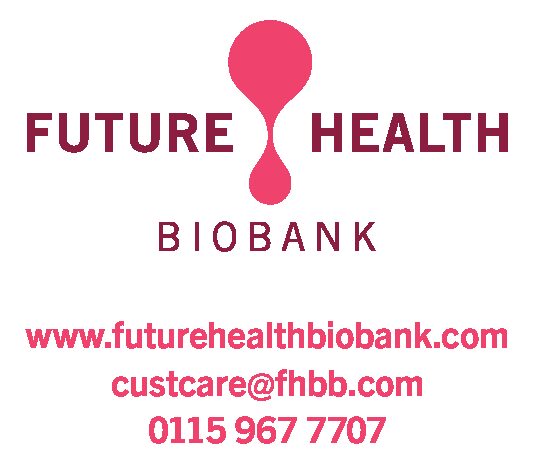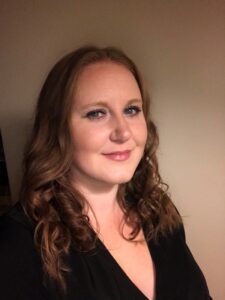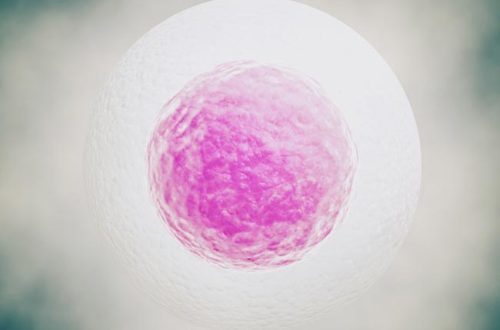
What does Pride mean to Future Health Biobank?
We had a chat with Amanda Williamson from Future Health to see how a scientifically complex, potentially life-saving service has been developed so all families can access it with ease.
Healthcare and families is something that has underpinned Future Health Biobank’s values for over 20 years. With stem cells at the forefront of regenerative medicine!
Before we continue, it’s important to get some background on stem cells; particularly umbilical cord stem cell banking. Although scientifically complex, it’s a service that’s really simple for parents to take advantage of.
A baby’s umbilical cord is full of stem cells, both in the cord blood and tissue. After the placenta is delivered, a phlebotomist will collect the blood and tissue and place in a specialised collection kit that is securely transported to Future Health’s laboratory in Nottingham.
Both the blood and tissue are processed and stored according to stringent criteria. They’re preserved for up to 25 years exclusively for the family to which they belong.
Although not widely heard of, stem cell transplants are far from new, and whilst clinical trials continue to make advances, cord blood is already used in 80+ standard treatments. These treatments include life-threatening illnesses such as some blood cancers, solid tumours, anaemias and inherited disorders.
When we asked Amanda how the service is inclusive, she explains
“We are fortunate to live in a time where science has allowed many more families to realise their dream of becoming parents.

“One of the fantastic things about banking stem cells with us, is that the choice is available to everyone. We’ve collected stem cells for many families who have utilised donor eggs, sperm and/or IVF. There is no change to the collection process, only a slight difference to the consent form, which we guide you through.
“I’ve worked for Future Health for over a decade; it makes me incredibly proud we’re able to support all families with their choice to store stem cells.
“I’ve found families who have used donor eggs and/or sperm can find the service particularly reassuring, as the search for a transplant match can sometimes be more difficult. Knowing their baby has stem cells preserved that are 100% match for them can bring great comfort.”
For families who may have missed the opportunity to store their baby’s stem cells, there is an additional service which stores a different type of stem cell, found in the dental pulp of a child’s milk teeth.
Amanda explains
“This is great for families who weren’t aware of the stem cell banking when their baby was born. It’s also available to families who have chosen to adopt. It is non-invasive and the cells are collected as the child loses their milk teeth around the age of 5.”
Amanda concludes
“To us, Pride is about making it possible for as many families as to store stem cells; providing an inclusive and accessible service.”
For more information on stem cell banking with Future Health Biobank visit
futurehealthbiobank.com or call 0115 967 7707.
All My Surrogacy Journey clients are entitled to 10% discount by mentioning MSJ.




